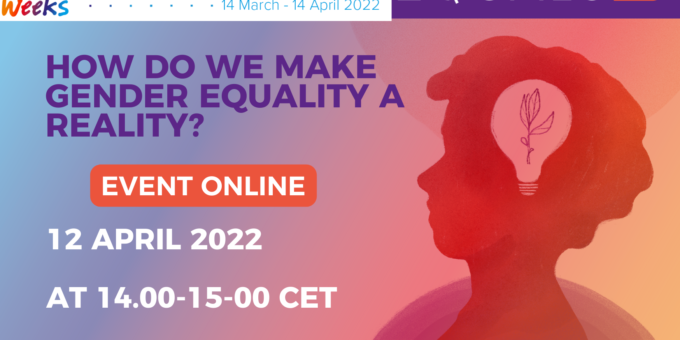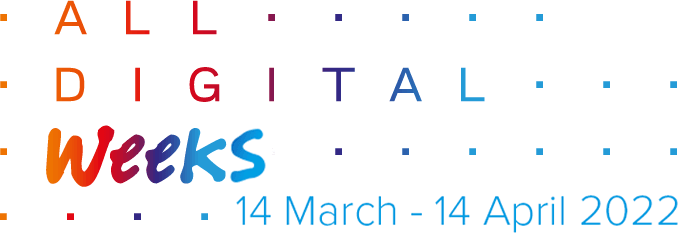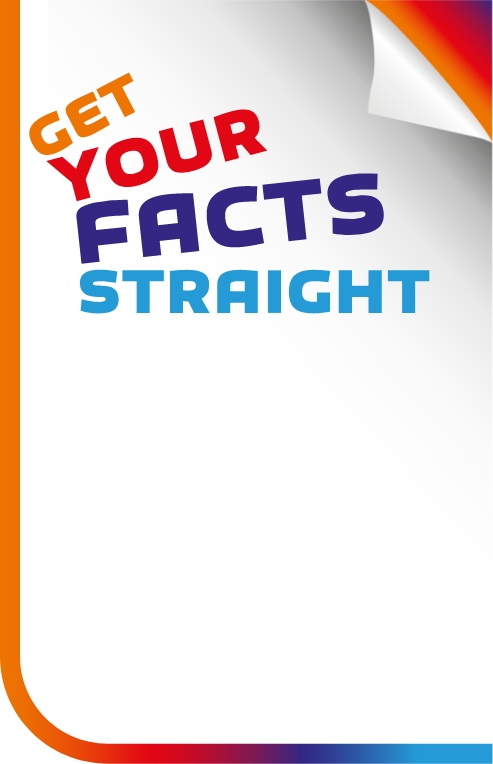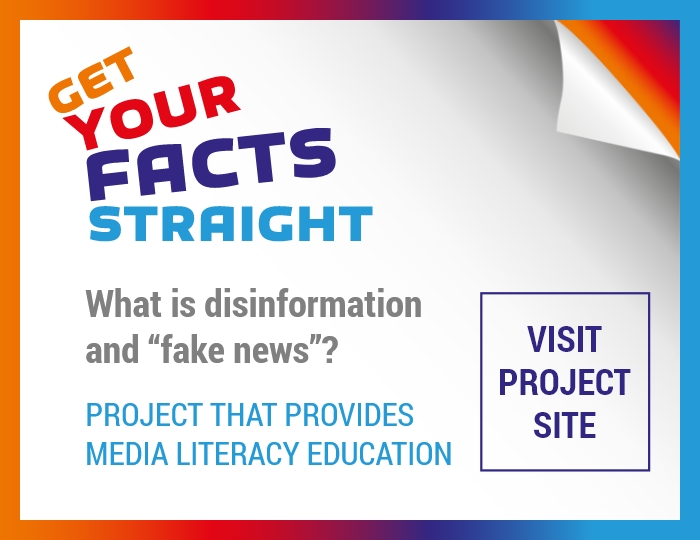
In the context of the All Digital Weeks 2022, the consortium of EQUALS-EU project organized on the topic of “How do we make gender equality a reality?” which took place on the 12th April 2022.
The event was part of the 5th Week of the campaign that had a focus on improving STEM and STEAM skills for society and very importantly encouraging girls and women’s participation in STEM studies and careers.

The event was opened by the Chief Executive of ALL Digital: Peter Palvolgyi, who gave an introduction to the ALL Digital week campaign and the topic of the week. He was followed by Communications officer of ALL Digital, Andrea Bedorin, who gave a short introduction to what the EQUALS-EU project is all about.

Tamara Dancheva from GSMA extended on with an overview of the EQUALS’ Global Partnership for Gender Equality in the Digital Age where some of the global partners like UN Women, OECD, Nokia and many more were mentioned. Mrs Dancheva also presented the work behind Work Package 4 “Exchange knowledge and transfer technology for Gender Equity” with the main objectives of accelerating the impact of the project by leveraging existing stakeholders and innovations to develop new leaders and reinforce the project network while supporting the other work packages of the project. Also, promoting knowledge exchange and technology transfer within European and between European and non-European countries. Lastly, supporting the professional development of 24 future leaders and advocates in gender equity and digital inclusion. As part the work package there are 3 workshops developed on perceptions of power “Championing Female Leadership in the Digital age”: 1. Strategic communication to promote Gender equity: translating objectives into practice. 2. Women’s digital rights in healthcare. 3. Leveraging STI skills for Gender equity.

Caroline Wamala-Larsson from SPIDER (Stockholm University) presented the results of Work Package 1 of the project with a focus on “Appraise Gender Equity Social Innovation Ecosystems”. She pointed out that all ideas matter to foster the growth of diverse ideas and supportive environments are key. Mrs. Wamala-Larsson explained the methodology behind the work package in doing a survey conducted by 10 organisations in 22 different countries. So far the results have pointed out the need for concrete supportive strategies and acts on national, regional and organizational level. In terms of representation there should be mentors, role-models and ombudsman to act as roles to support the inclusion of women and girls.

























